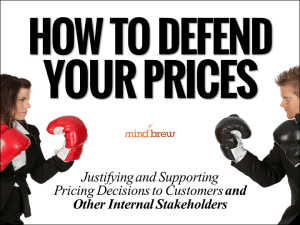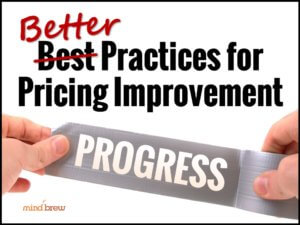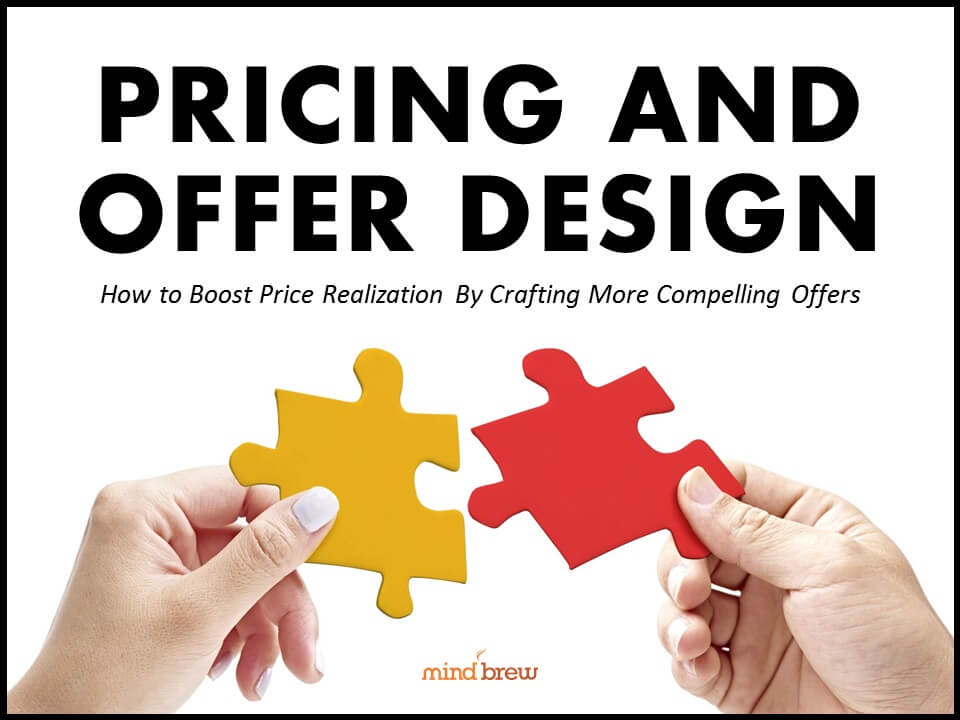When people imagine what persuades B2B buyers to make a purchase, they often think that it’s about actual product attributes. Things like price. Value. Convenience. Warranty.
While those things are all important (more on that later), in reality, they are all secondary considerations.
You see, what really motivates B2B buyers is that they don’t want to look like an idiot.
Oscar-winning actor Peter Finch once explained, “Success is not two cars or a swimming pool. It’s the approval of your peers.” That idea is particularly relevant in B2B buying situations.
The person or, as is so often the case nowadays, the team responsible for the buying decision really wants to make the best decision for the company. But more important than that, they don’t want anyone else — like their co-workers or their bosses — to think that they made a really stupid decision. That’s the sort of thing that can tank your career.
In other words, doing the right thing isn’t as important as not doing the wrong thing.
We all know that we sometimes make the wrong decision. Heck, I made the wrong decision just a half hour ago when I told the hardware store salesperson that I didn’t need the receipt for the toilet snake I was buying. (Don’t ask. You don’t want to know.) We also know that our peers will be far more willing to cut us some slack if we have a good justification for any bad decisions we make.
That’s where all those secondary factors come into play.
You see, your buyers need to be able to justify their decision to buy your product at the price you are asking. They hope that everything will go well with the purchase. But if it goes badly, they need to be able to explain their reasoning and have their coworkers and bosses agree that their thinking was sound.
This is why the advertising slogan, “Nobody ever got fired for buying IBM” was so genius. It spoke to purchasers’ deepest fears and needs as office workers: the fear of losing their peers’ approval, and their need to keep their jobs.
Sometimes buyers will firmly believe that a particular product or service is the best fit for their company, but they won’t buy it because they don’t think that other people will believe that it was the best choice.
To counteract this tendency, you need to arm your buyers with a story they can tell about why your product offered the best value for the price. We cover this idea in greater detail in the webinar How to Defend Your Prices. It discusses principles like differential value, negotiation tactics, and how to make your case to internal, as well as external, customers.
If you’re interested in the psychological aspects of the buying process, you might also want to check out Pricing Psychology in B2B. It explains the motivating factor we discussed above, in addition to several other important insights.
You might think that pricing is just a numbers game. But the truth is that psychology plays a huge role in the prices you are able to command. And understanding that psychology gives you a huge advantage.















